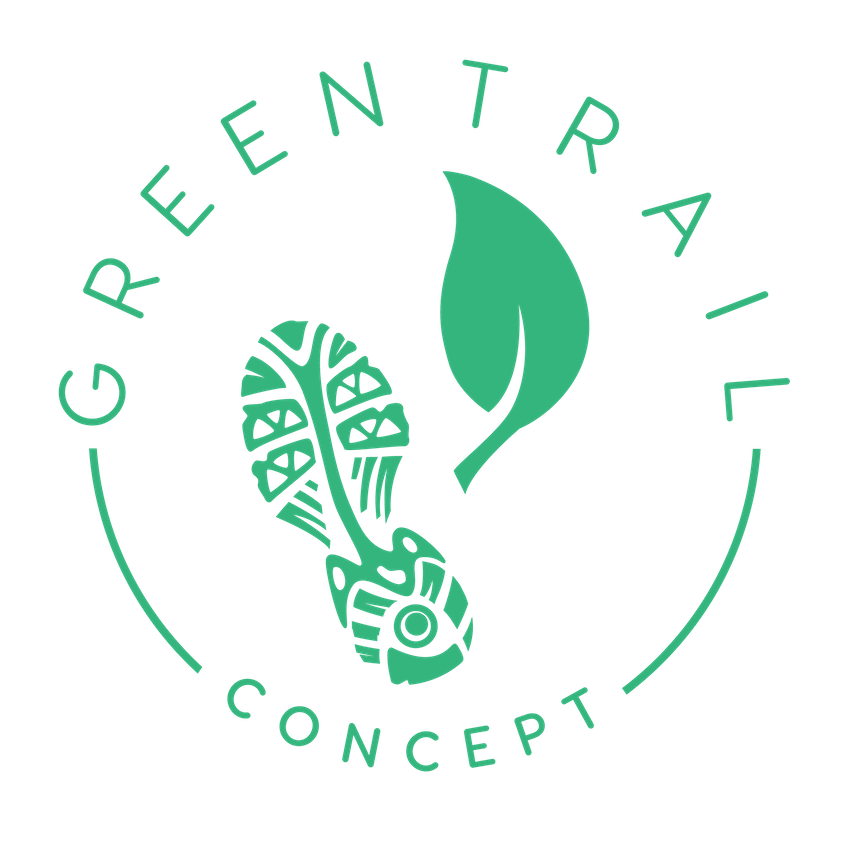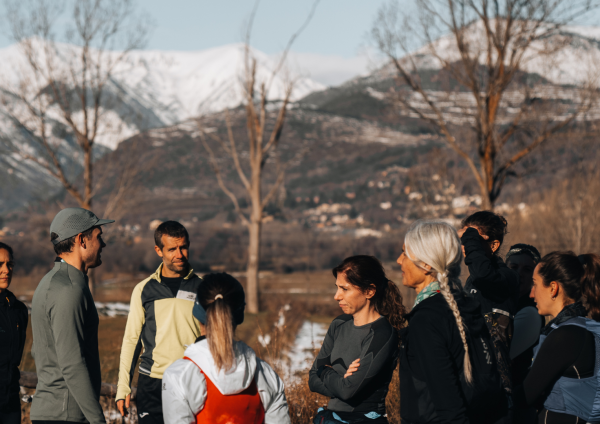Earth Day 2024


Green Trail Concept wishes you a happy Earth Day
Imagine waking up on a beautiful spring morning in Europe: the sun’s amber light is shining, you hear a birdsong in the distance, and you feel a soft breeze coming through your window as, finally, it is warm enough to leave it open. One of these days, April 22nd, marks Earth Day. This year’s theme is Planet vs Plastic, and to give you a bit of an idea of how plastic affects our Earth and ecosystem, let us walk you through some numbers and figures.
Plastic pollution across the globe
According to the UN, plastic pollution is one of the most detrimental impacts affecting our planet. With more than 430 million tonnes of plastic garbage produced worldwide in a year, and with more than half of that amount attributable to short-term and single-use plastics, plastic pollution is impacting the Earth in ways that are hard to grasp (United Nations, 2023).
Take, for example, these 430 million tonnes of annual plastic: The average road car weighs one tonne; now multiply one car by 430 million, and you have a pretty good estimate of how much plastic waste is accumulated every year. This waste has to go somewhere. Typically, that means that it is either recycled, where possible, or discarded. Worldwide, there is an effort to recycle the plastic waste that is generated, but roughly only 10% of the total amount of plastic waste is recycled. If we flip that, this means that a whopping 90% (yes, you read that right) of the total amount of plastic waste is not recycled, ending in landfills polluting the soil, being incinerated polluting the atmosphere or ending in our oceans or other natural environments disturbing ecosystems (National Geographic, 2024; United Nations, 2023). According to the OECD, 22% of the total amount of plastic litter either ends up in maritime environments or in natural areas (Organisation for Economic Co-operation and Development, 2024). As plastic degrades very slowly, unlike organic matter, it can persist in the ecosystems for a very long time. Over time, through abrasion and erosion, plastic can degrade into tiny particles, known as microplastics, which infiltrate the food chain, posing health risks and disrupting ecosystems.
Opportunities for change: how events can help us raise awareness and lead by example
Unlike the peaceful scenery that we described in the beginning, these numbers paint a dire picture and likely taint the serenity of the moment. But we are not trying to ruin Earth Day for you. Rather, we want to raise awareness of the sheer urgency that plastic pollution is creating for our environment and our beloved Earth. As pointed out earlier, a large part of the negative effects of plastic pollution on our natural environments come from a mismanagement of plastic products as waste after their lifecycle. So, what if we can limit the amount of litter ending up in our natural environments better?
One realm in which effective management of waste production can help is connected to events in natural spaces. Events held in such places often bear negative consequences for these environments, mainly by disrupting the existing flora and fauna. Likewise, events carry with them an opportunity to engage communities and raise awareness about the detriments that our Earth is facing.
How can the Green Trail Concept Project help against plastic pollution
The Green Trail Concept addresses how organizations can conduct their trail running events in a manner that minimizes the impact on the surrounding biodiversity and effectively manages waste. The Green Trail Concept is a co-funded project by the European Commission. The project operates along three sustainability pillars: environmental, economic, and social. All three combined offer a 360-degree way for race organisers to reflect on their practices in these natural spaces.
Particularly, the GTC is working with several KPIs that organisers can use as guidance to assess their practices regarding waste management. These KPIs address different facets of managing waste, like how organisations deal with the plastic waste that is produced during their events. Apart from that, the GTC brings foresight into how events can be planned so that plastic pollution can be limited from the get-go and how runners and the audience can be alerted to the importance of keeping our nature clean.
Spearheading change through raising awareness
Organizations, groups, and individuals who cherish and value the beauty of natural spaces can all play a key role in contributing to Earth’s ecosystems preservation. By providing event organizers with structural guidance aligned with best practices and by raising awareness among individuals about their impact on natural areas, we can improve our relationship with the environment and shift towards a future where our Earth’s nature and resources are protected for future generations to be able to enjoy them.
The GTC team wishes you a happy Earth Day!




